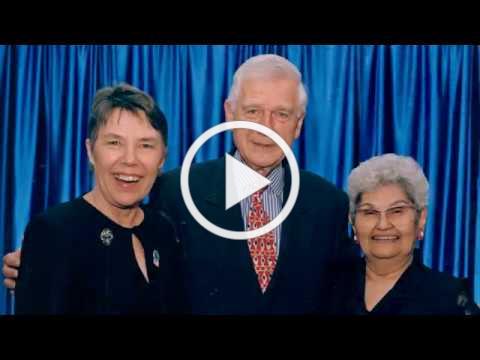Tribal Consultation on Native American Voting Rights
| On Wednesday, June 16 at 2pm ET, 1pm CT, 12pm MT, 11am PT, 10am AK, and 9am HI the White House and administration agencies will be holding their second consultation call with the Pacifc and Northwest Regions. Register for the Call Here Future Dates of Consultation Here Written comments will be accepted in October for the record but if you already have statements written up, you may email them to Tracy Goodluck, Policy Advisor for Native Affairs at the White House Domestic Policy Council at Tracy.L.Goodluck@who.eop.gov |
 On March 7, 2021, President Joe Biden issued an Executive Order on Promoting Access to Voting. Among other things, it requires a Steering Group of several federal agencies to engage in meaningful and robust consultation with Tribal Nations and Native leaders, to develop recommendations for protecting voting rights for Native American communities. On March 7, 2021, President Joe Biden issued an Executive Order on Promoting Access to Voting. Among other things, it requires a Steering Group of several federal agencies to engage in meaningful and robust consultation with Tribal Nations and Native leaders, to develop recommendations for protecting voting rights for Native American communities. The Executive Order committed the Administration to promote and defend the right to vote for all Americans who are legally entitled to participate in elections and made clear that it “is our duty to ensure that registering to vote and the act of voting be made simple and easy for all those eligible to do so.” In seeking to cast meaningful ballots that will be counted, we know that many Native American voters face challenges that they may share with other underrepresented communities, and also challenges that are distinct. Experiences will naturally vary from voter to voter and election to election, but reports of systemic concerns have been all too common. Past reports have indicated that — among other problems — Native American voters frequently find information about the voting process difficult to come by; polling places and registration sites are often much too far from the voters, compounded by transportation barriers; housing insecurity and purging of the rolls prompt repeated re-registration; access to forms and ballots and information is often unavailable in the languages voters speak; voters have been prevented from asking those they trust for the help to which they are entitled at the polls; states may require identity documents that voters do not have; postal service is often irregular, including to homes that do not have platted postal addresses, making it difficult or impossible to vote by mail; and legislative districts may be drawn to minimize the voice of Native American voters, diluting the representation they are entitled to receive. We know the history behind these problems, and the history of the problems’ persistence. We want to hear about your recent voting experiences, including whether historical problems continued in 2020 or whether new difficulties emerged. And we would like your recommendations about ways that the federal government, state and local governments, and private organizations may work to break down these barriers to foster robust election participation now and in the future. Have you or citizens of your Tribe experienced difficulties voting in recent elections? What were those difficulties? Are you confident your ballot was counted? Why or why not? Have you or citizens of your Tribe experienced new difficulties in recent elections, interfering with your ability to cast a meaningful ballot? Have you or citizens of your Tribe taken any steps to address these problems, or to request assistance? If so, what were those steps and what was the result? What would you like to see happen to remedy these difficulties? Join us on Wednesday, June 16 at 2pm ET, 1pm CT, 12pm MT, 11am PT, 10am AK, and 9am HI the White House and administration agencies will be holding their second consultation call with the Pacifc and Northwest Regions. Register for the Call Here |



